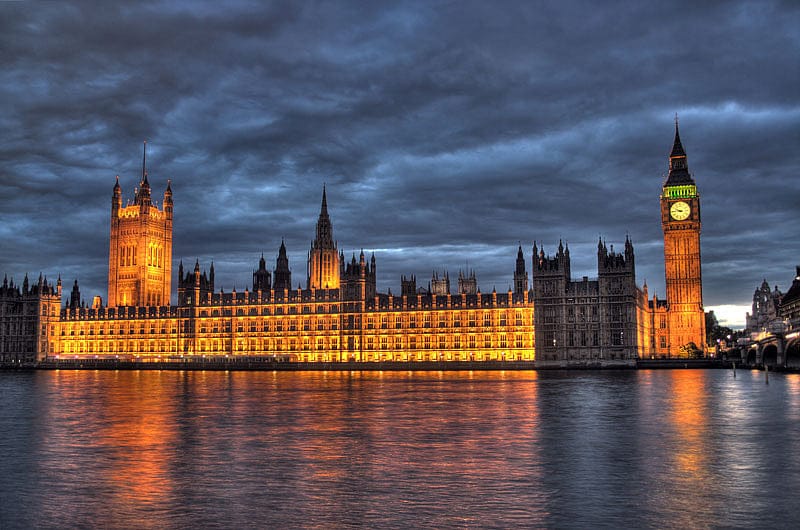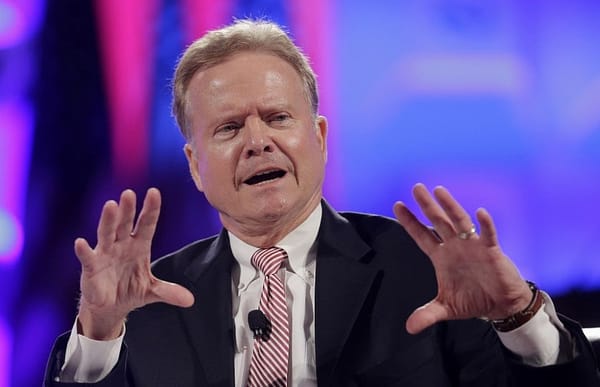A Godless proposal

A recently released report published by the Woolf Institute's Commission on Religion and Belief in Public Life at Cambridge University recommends substantial changes to the way religion is treated in the British Isles. Shrouded in the language of "pluralism," the report, entitled "Living With Difference: Community, Diversity and the Common Good," is in fact an unapologetic attack upon faith and its role in British public life.
"Living With Difference" contains several recommendations, including: (1) the creation of a Magna Carta-style statement setting forth a series of secular British values; (2) ending religious assemblies for children in state schools, and the elimination of public subsidies to religious schools (the program would gut Catholic and Jewish school funding); (3) replacing many of the most important bishops in the House of Lords with non-Christian clerics; and (4) revising the coronation service to eliminate many of its Christian elements so that leaders of other faiths can play a more prominent role.

